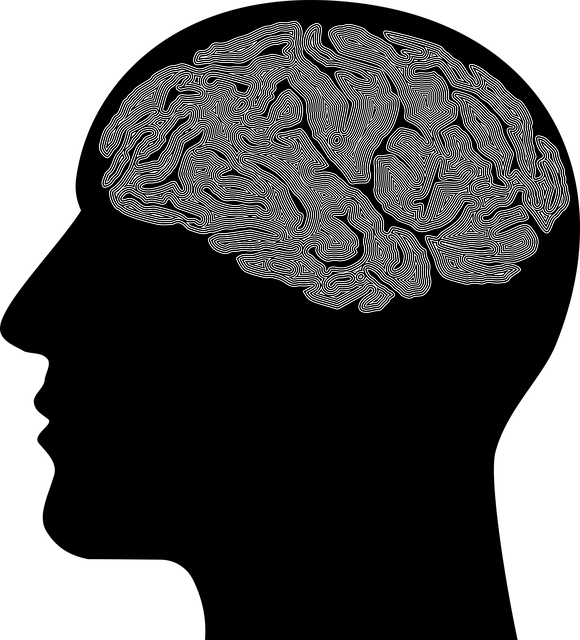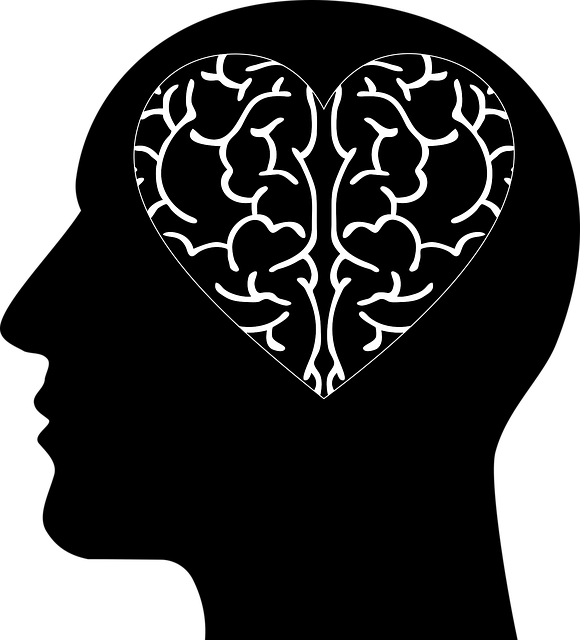Arvada Adjustment Disorder Therapists emphasize cultural sensitivity as a key factor in delivering effective mental healthcare, particularly for clients from diverse backgrounds engaging in Mental Wellness Journaling. They integrate cultural competency to adapt their approaches, considering traditional healing methods, intergenerational trauma, and culturally appropriate communication. This holistic approach, enhanced by Mental Wellness Coaching Programs Development, promotes mental health awareness and open sharing of experiences. By overcoming language gaps and unconscious biases, therapists provide responsive Anxiety Relief, Stress Management services tailored to individual cultural contexts, fostering resilience and meaningful connections for improved mental health outcomes.
In today’s diverse society, cultural sensitivity in mental healthcare is paramount. Understanding the intricate interplay between culture and mental health is essential for providing effective treatment. This article explores this crucial aspect through three key sections: “Understanding Cultural Sensitivity in Mental Healthcare,” “Challenges and Barriers in Cross-Cultural Therapy,” and “Strategies for Effective Practice: Case Studies from Arvada Adjustment Disorder Therapy.” By delving into these topics, we aim to enhance cultural competence and improve patient outcomes.
- Understanding Cultural Sensitivity in Mental Healthcare
- Challenges and Barriers in Cross-Cultural Therapy
- Strategies for Effective Cultural Sensitive Practice: Case Studies from Arvada Adjustment Disorder Therapy
Understanding Cultural Sensitivity in Mental Healthcare

In the realm of mental healthcare, cultural sensitivity is a cornerstone of effective treatment and holistic patient care. It involves recognizing and respecting the diverse beliefs, values, and practices that shape individuals’ lives, especially those with Mental Wellness Journaling Exercise Guidance. Every community has its unique cultural tapestry, and therapists in Arvada Adjustment Disorder Therapy must navigate this landscape to provide sensitive and tailored support. By embracing cultural sensitivity, mental health professionals can foster an environment where clients feel understood and empowered to share their experiences openly.
The integration of cultural competency goes beyond basic awareness; it involves adapting therapeutic approaches to align with a client’s cultural context. This may include incorporating traditional healing practices, understanding the impact of intergenerational trauma, or simply ensuring non-verbal cues and communication styles are culturally appropriate. With the help of Mental Wellness Coaching Programs Development, therapists can enhance their skills, enabling them to offer guidance that respects individual differences while promoting mental Health Awareness.
Challenges and Barriers in Cross-Cultural Therapy

Cultural sensitivity is a cornerstone in mental healthcare practice, crucial for delivering effective treatment to a diverse range of patients. However, navigating cross-cultural therapy presents unique challenges and barriers. One significant hurdle is the potential language gap between therapists and clients from different cultural backgrounds. Effective communication requires more than simple translation; it involves understanding nuanced expressions, idioms, and body language, which can be particularly challenging in a therapeutic setting.
Another barrier is the possibility of unconscious biases and stereotypes on the part of both therapist and client. These can unconsciously influence sessions, leading to misunderstandings or even misdiagnoses. For instance, what may be considered anxiety in one culture could be interpreted as a spiritual practice in another. Addressing these challenges demands a commitment to continuous learning and self-awareness among mental health professionals, ensuring that practices like Arvada Adjustment Disorder Therapy are culturally responsive and inclusive, ultimately enhancing the delivery of Anxiety Relief, Stress Management, and Mental Wellness services.
Strategies for Effective Cultural Sensitive Practice: Case Studies from Arvada Adjustment Disorder Therapy

Arvada Adjustment Disorder Therapy (AADT) employs several strategies to ensure cultural sensitivity in its practices. One key approach is Inner Strength Development, focusing on encouraging clients to tap into their inherent resilience and coping mechanisms, often enhanced by a deep connection to their cultural heritage. This method respects the individual’s unique perspective and encourages them to lean on their own cultural resources for healing.
Additionally, AADT integrates Social Skills Training tailored to the client’s cultural context. By teaching adaptive behaviors and facilitating meaningful social connections, this training empowers clients to navigate challenges in a culturally affirming manner. Case studies within AADT reveal that combining these strategies with a strong therapeutic alliance leads to significant improvements in mental health outcomes, particularly for individuals from diverse cultural backgrounds. This personalized approach not only respects cultural differences but also fosters trust and facilitates more effective coping skills development.
Mental healthcare professionals play a vital role in fostering inclusive and effective treatment environments. By understanding cultural sensitivity, overcoming barriers, and adopting evidence-based strategies, such as those demonstrated by Arvada Adjustment Disorder Therapy, practitioners can significantly enhance patient outcomes. Incorporating cultural competency into practice ensures that diverse individuals receive tailored care, ultimately leading to improved access and quality of mental health services for all communities.














